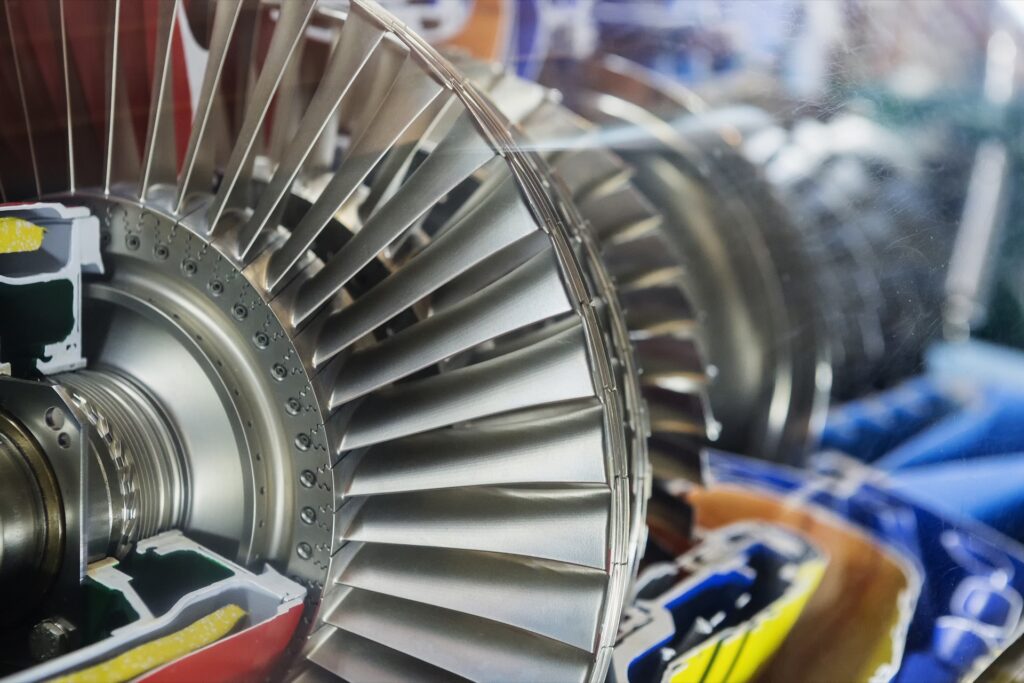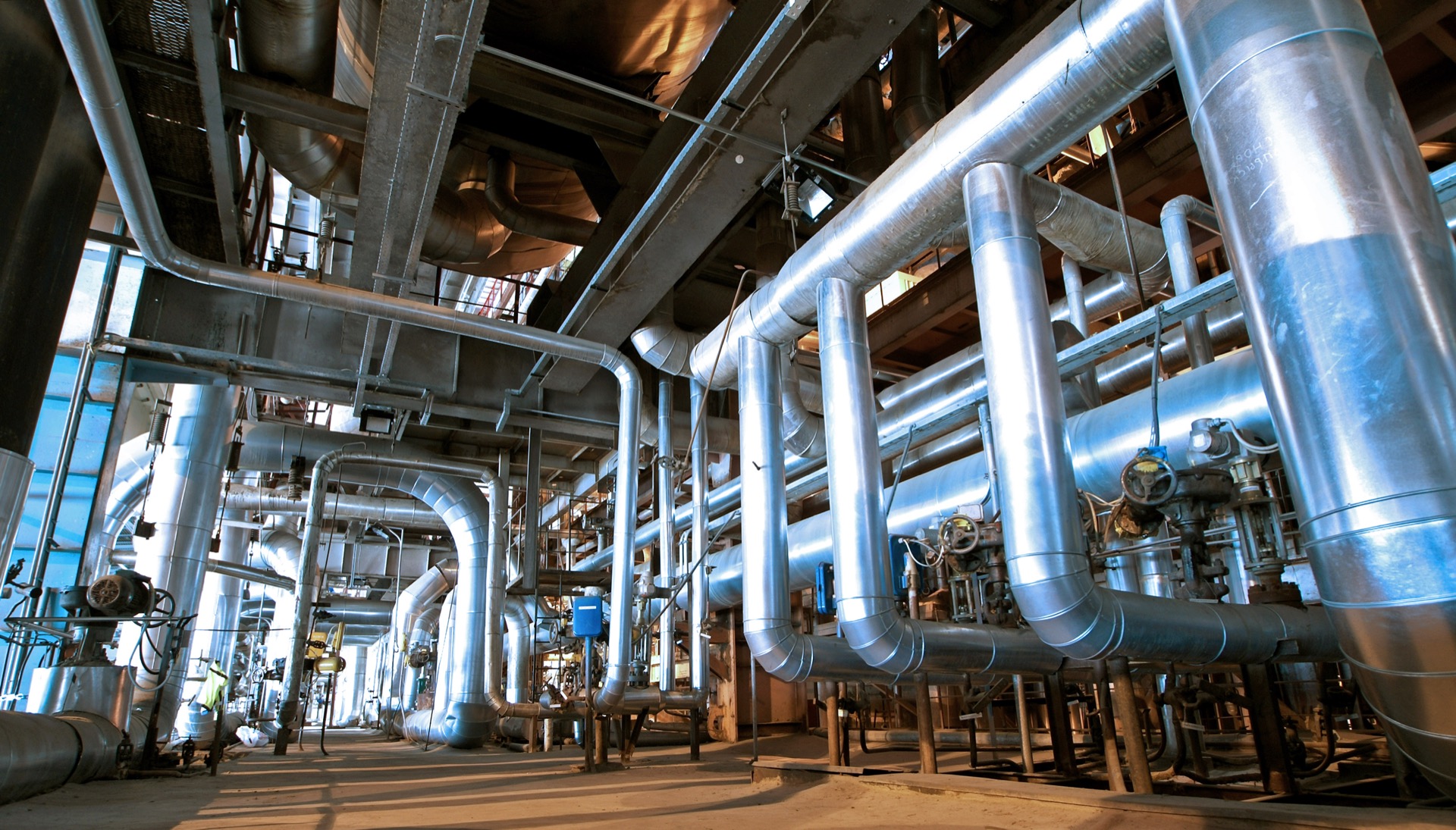One of the most significant inventions in human history was the invention of alloys and they’ve changed our world ever since. Alloys are metallic substances made up of a combination or metallic solid solution of two or more metals. Applications of alloys are far-reaching. Many alloys are used in things you use daily.
Below we break down some of the major applications of alloys and why they changed the world.
Applications of Alloys in Throughout History and Why Alloys Matter
A lot of modern technology wouldn’t be possible today without the use of alloys. Alloys actually defined a huge part of history with the Bronze Age. Copper and tin were combined to make bronze which made a whole host of new inventions possible at that time. This then led to the Iron Age and the use of alloys only continued from there.
Nowadays, alloys are crucial because combined metals have different properties than base metals. For instance, steel (one of the most widely-used metals on the planet) is often an alloy of iron and carbon. Mixed together, raw steel becomes 1000 times stronger than iron alone.
Applications of Aluminum Alloys
Aluminum is often a choice for alloys because of its base properties. Aluminum is lightweight, corrosion-resistant, and an excellent conductor of electricity.
Examples of aluminum alloys in everyday objects include alloys of aluminum and 1% manganese combined for use in cooking utensils, kitchen equipment, and roofing. Additionally, aluminum and 2.5-4% magnesium can be combined in an alloy to be used in food containers and boats.
Of course, aluminum and its alloys are most notably used in the aerospace industry for making planes and spacecraft as well.
Using Copper Alloys in Everyday Living
One of the most common metals in the world, copper has plenty of uses in its base form and is only improved upon in an alloy. Copper is known for being an excellent conductor of electricity like aluminum as well, but it also has high corrosion resistance, ductility, and thermal conductivity.
Today, copper alloys are primarily used in electrical components because of their conductive properties.
Because they can transfer heat effectively, copper alloys are also used in heat exchangers for heating or cooling down materials. These could be used in industrial applications or even something as simple as a kettle.
How Stainless Steel Alloys Are Used Today
A variation of steel, stainless steel alloys have many beneficial properties. Stainless steel on its own is often used in cutlery, medical tools, and other food applications for its corrosion-resistance and strength. When combined with other metals as an alloy, stainless steel sees a large amount of use in the nautical field for devices and structures put underwater.
Some cutlery and watch straps are actually made with stainless steel alloys as well.
More Than Just Coins: Applications of Nickel Alloys
Although nickel is known in Canada for its traditional use in five-cent currency, the applications of it as an alloy are far-reaching and surprising as well.
Like the aforementioned metals, nickel is also corrosion-resistant. However, it’s also heat-resistant as well making it useful in some of the most intense parts and components.
Nickel alloys are used in making jet turbines, components of nuclear power plants, and the chemical industry for containing and transporting chemicals.
Alloys are an important part of our daily life and allow us to create new inventions in addition to improving existing ones in both small and large ways. Applications of alloys can be found around the world and in many different objects. Through them, the world is constantly changing and improving in new and exciting ways.


